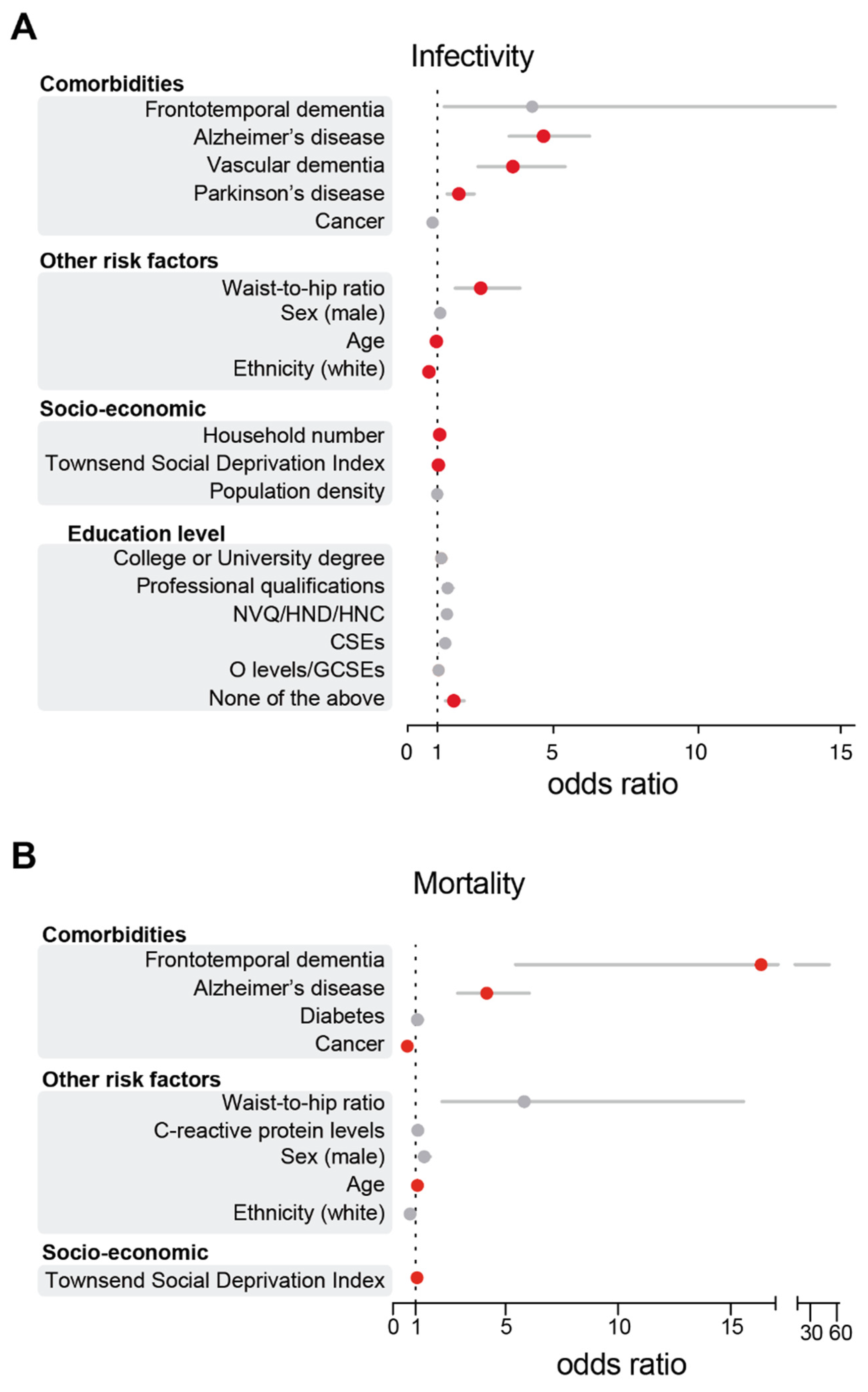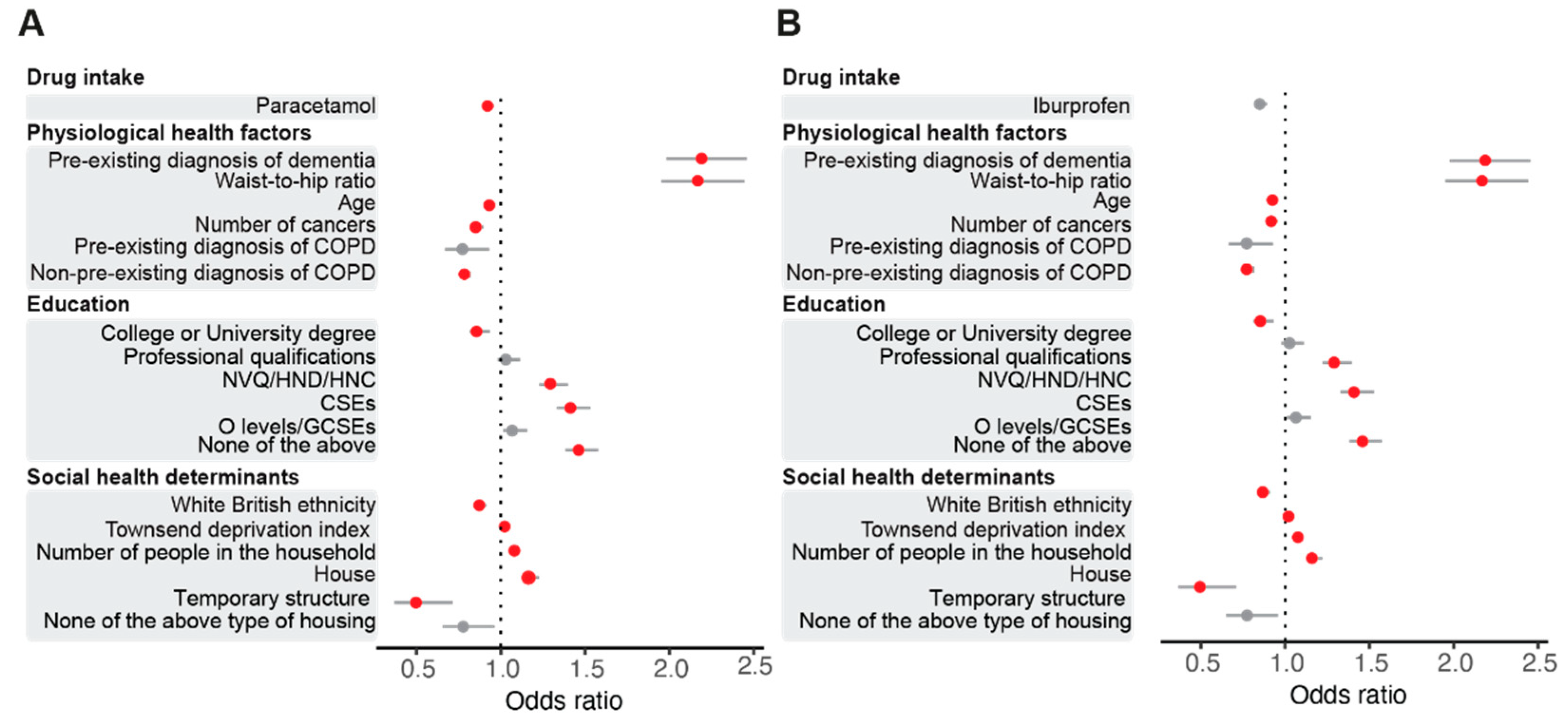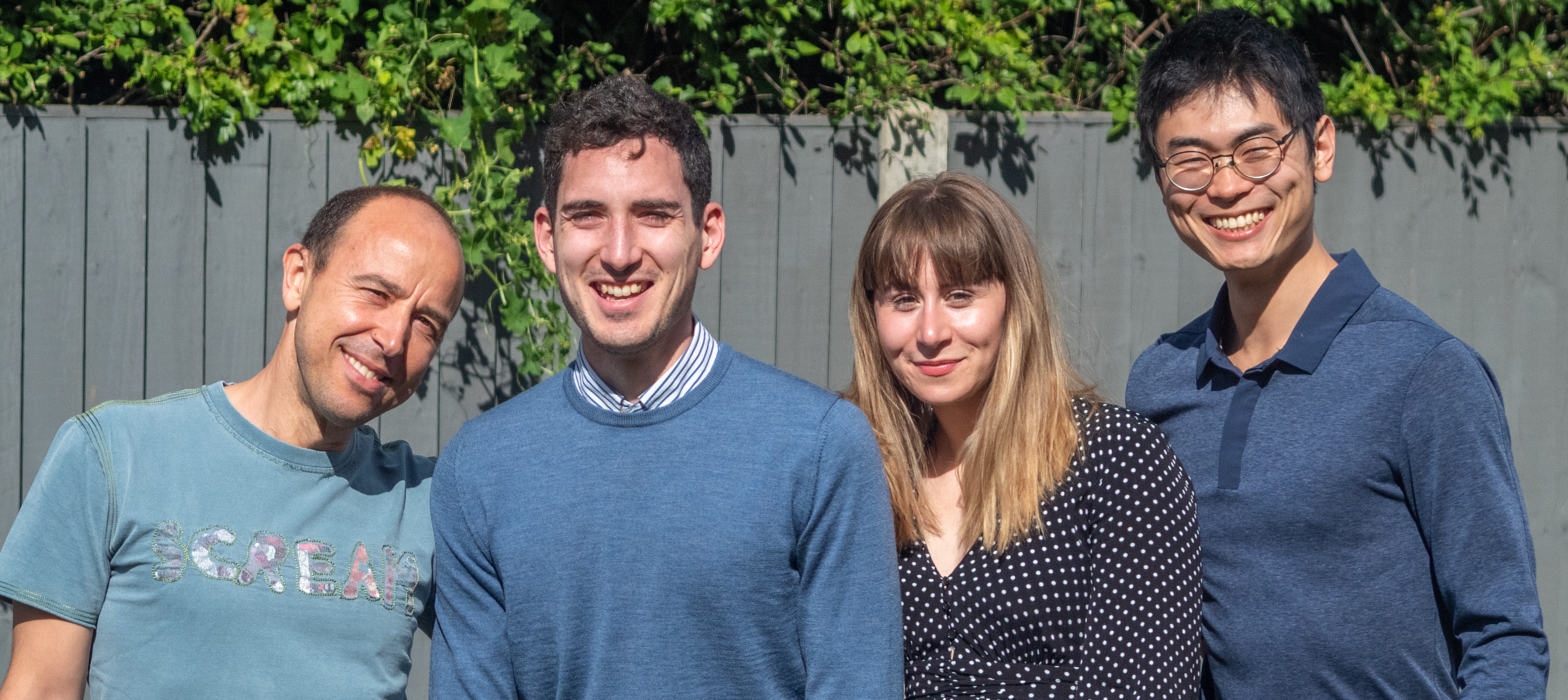Selected honours and awards
Best speaker award
Symposium for Biological and Life Sciences Conference · Nov 2022
Project: Parp mutations protect from Alzheimer’s disease pathology
Scientific poster award
Issued by Precision Health Initiative Launch Symposium · Nov 2022
Project: Personalised medicine in Alzheimer’s disease
Scientific poster award
Issued by Gordon Research Conference (Neurobiology of Brain Disorders) · Aug 2022
Project: Parp mutations protect from mitochondrial toxicity in Alzheimer’s disease
Best speaker award
Issued by Alzheimer's Research UK, East Network · May 2022
Project: Parp mutations protect from mitochondrial toxicity in Alzheimer’s disease
Best speaker award (Data Blitz)
Issued by British Neuroscience Association · Nov 2021
Project: Parp mutations protect from mitochondrial toxicity in Alzheimer’s disease
Award for Best Student Research Project
Issued by The Genetics Society · Sep 2019
Project: Reactive oxygen species as a signalling mechanism of homeostatic sleep regulation
Rob Clarke Award for best undergraduate project
Issued by The Physiological Society · Jul 2019
Project: Molecular modelling of the GABAA receptor reveals a novel gating mechanism
Imperial College Colours Award (2 years consecutively)
Issued by Imperial College London · 2018-2019
Outstanding contribution to student experience
Leadership award
Issued by The Wessex Safety, Quality and Improvement Conference · Feb 2019
Project: A novel study on noise frequencies in a general medicine ward at a UK district general hospital
Leadership award
Issued by The Wessex Safety, Quality and Improvement Conference · Feb 2019
Project: A novel study on noise frequencies in a general medicine ward at a UK district general hospital
Best Innovative Project
Issued by Tsinghua International Summer School · Jul 2017
Fully-funded Tsinghua International Summer School
Project: Carbon emission monitoring to reduce carbon emission in China.





